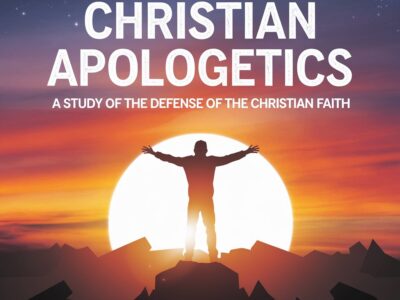Overview
This course offers an in-depth exploration of the development and evolution of key Christian doctrines throughout history. From the early church fathers to the Reformation and modern theological movements, Historical Theology II examines the pivotal events, figures, and councils that shaped Christian beliefs. Students will gain a comprehensive understanding of the dynamic relationship between theology, culture, and philosophy, as well as the enduring relevance of these doctrines in contemporary Christian thought.
Certification
Upon successful completion, students will receive a Certificate in Historical Theology II, which validates their mastery of:
- The formation and evolution of early Christian doctrines.
- Theological contributions of key figures like Augustine, Luther, and Aquinas.
- The impact of councils such as Nicaea, Trent, and Vatican II on church doctrine.
- Modern theological approaches, including liberation, feminist, and contextual theologies.
Certification requires:
- Participation in all lectures and discussions.
- Completion of written assessments and exams.
- Submission of a final research project on a selected topic in historical theology.
Course Objectives
- Examine the formation of foundational doctrines during the patristic period, such as the Trinity and Christology.
- Explore the influence of medieval theology, including the rise of scholasticism and monasticism.
- Analyze the theological shifts during the Reformation and Counter-Reformation.
- Understand the contributions of modern movements like liberation theology and contextual theologies.
- Evaluate the interplay between theology and societal challenges across history.
Learning Outcomes
By the end of the course, students will:
- Identify and explain the key theological developments and their historical contexts.
- Critically analyze the contributions of influential figures like Augustine, Luther, and Teresa of Ávila.
- Interpret the decisions of pivotal councils, including their doctrinal and historical significance.
- Demonstrate an understanding of modern theological movements and their implications for contemporary Christianity.
- Apply historical theological insights to current ecclesiastical and societal challenges.



